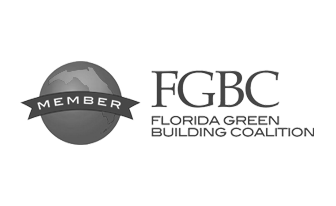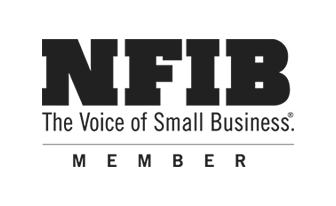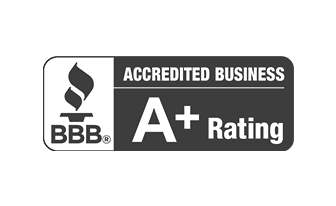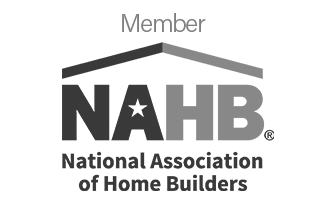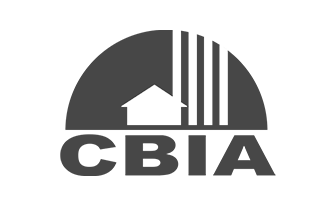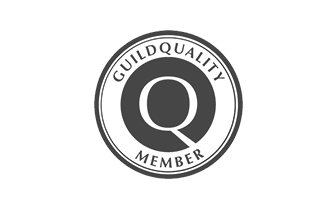The State of Florida first mandated statewide building codes during the 1970s at the beginning of the modern construction boom. The first law required all municipalities and counties to adopt and enforce one of the four state-recognized model codes known as the “state minimum building codes.”
In the early 1990s, a series of natural disasters, together with the increasing complexity of building construction regulation in vastly changed markets, led to a comprehensive review of the state building code system. In 2002, the Florida Legislature created a single state building code that is enforced by local governments and is updated every three years and may be amended annually to incorporate interpretations and clarifications with emphasis on uniformity and accountability.
Under certain strictly defined conditions, local governments may amend requirements to be more stringent than the code by local ordinance. In fact, for several years now, the City of Naples has regularly granted a one-foot of “freeboard” allowing owners to raise their homes one foot without it affecting the overall maximum height of the home. This amendment offers homeowners additional confidence against flooding in a major weather event.
Municipalities are routinely “graded” by FEMA (Federal Emergency Management Agency), and that grade affects insurance premiums for all buildings, both public and private. In 2008, officials with FEMA revised flood elevation maps throughout the state of Florida (including the Bonita Bay community) by lowering some elevations and raising others.
Effective January 1, 2018, the Florida State Building Code required one foot of “freeboard” on all new home construction. That means if FEMA’s elevation requirement is 11 feet above sea level, the amended code will now require the first finished floor of living space must be 12 feet above sea level.
While this is not an extreme change, the new building code brings additional inquiries plus an added cost to builders and ultimately to consumers.
Harwick Homes is both a new home builder and a remodeling contractor, so we ask the question:
If our client’s older home is currently at the federally mandated elevation of “X” and the new code requires a minimum elevation of one foot above “X,” what happens to our client’s house?
Bonita Bay residents may or may not be aware that if you decide to remodel your home, and if your home is below the FEMA flood elevation, an appraisal is required so the fair market value of the home may be established. This appraisal is for the home only with no land value included. Therefore, when Harwick Homes submits for a building permit to remodel a home, we cannot exceed 50% of the value of the home with the remodeling budget. In the City of Bonita Springs, this figure is a running total over a five-year period and a new roof is included in the calculation.
As land values continue to increase in Bonita Bay, many of the home values on existing properties are less than the overall value of the property. As a result, it makes economic sense to tear down the existing home and build a new one. We have found that the total purchase price of a new home can be less than or equal to what you might find for vacant land in a community of similar value.
We are concerned that if the City of Bonita Springs building department adds the one-foot of freeboard to the current FEMA elevation, it could very well create issues for existing homes and projects currently in development. We have had several discussions with building department officials and recommend that the FEMA requirement should be applied to the elevation for existing homes only, and the one foot of freeboard applied for new construction.
As of this writing, the building department’s final decision is still unknown. Prior to the Christmas break, a meeting was planned between building officials and builders to discuss this issue. As we approach the next edition of the Baywatch News, I hope we can shed more accurate light on how this newest code amendment will affect our ability to help with new construction and remodeling needs in our community.

